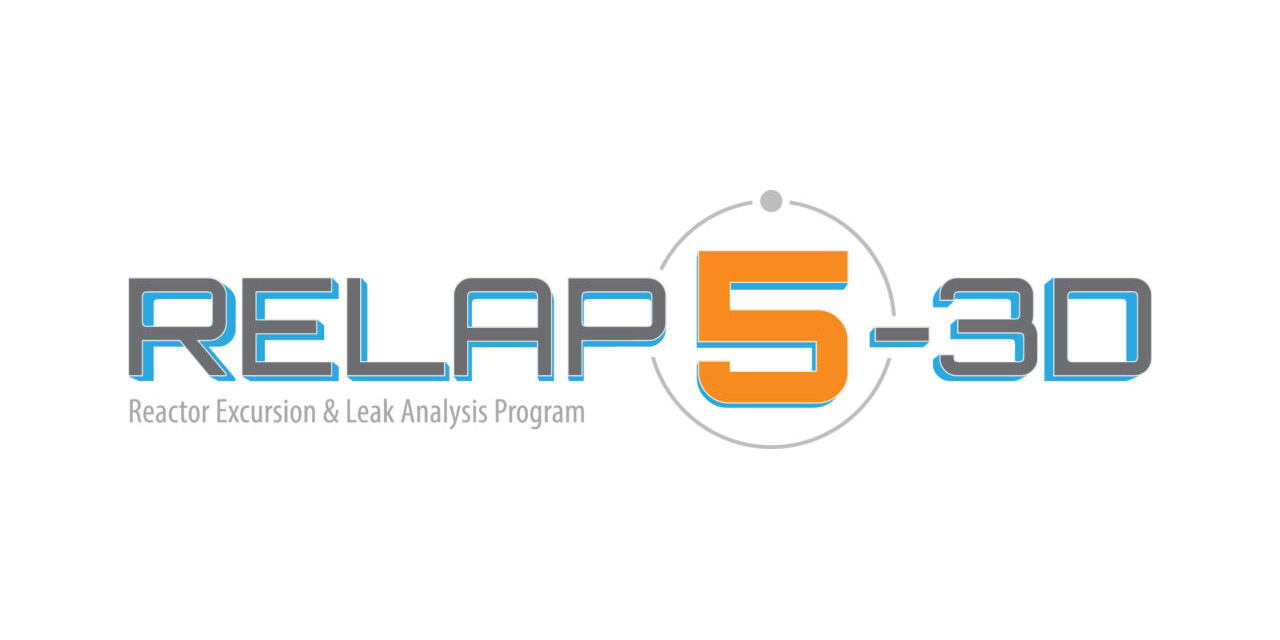Evolving code: Since its development more than 40 years ago, RELAP5-3D—the version currently supported with updates from code maintainer Idaho National Laboratory—has evolved beyond light water reactor applications to successfully model the thermal and fluid performance of other designs, such as high-temperature, gas-cooled reactors; supercritical CO2 reactors; sodium fast reactors; and molten salt reactors. RELAP5-3D is widely used for reactor safety analysis, design, operator training, and nonnuclear modeling and simulation.
The code is accredited by international benchmarks and design-basis analyses, has been accepted by the Nuclear Regulatory Commission for reactor licensing, and has an extensive experiment database that validates the software’s modeling. Additionally, RELAP5-3D can be linked with other software, such as computational fluid dynamics codes, to provide comprehensive modeling of nuclear reactors. For prospective users of the code, an FAQ is available on INL’s RELAP5-3D web page.
Call for papers: The Nuclear Technology special issue on RELAP5 developments and applications, guest edited by George Mesina and Piyush Sabharwall, both of INL, is open for submissions on the following topics:
- Thermal hydraulics for nuclear reactors and technologies.
- Analysis and design of power plants.
- Design of scaled facilities.
- Irradiation tests/design and analysis.
- Verification and validation.
- Nuclear power plant training simulators.
- Commercial-grade dedications and licensing submittals.
- Code coupling to model complex systems through domain decomposition.
- Code developments that enable or improve any of these.
The publication is for interested researchers from university, industry, research organizations, and government entities.
The full-paper submission deadline is anticipated to be in January 2025; complete instructions will be sent later to those who submit a short abstract (250–400 words). For more details, visit the issue’s call for papers page.



